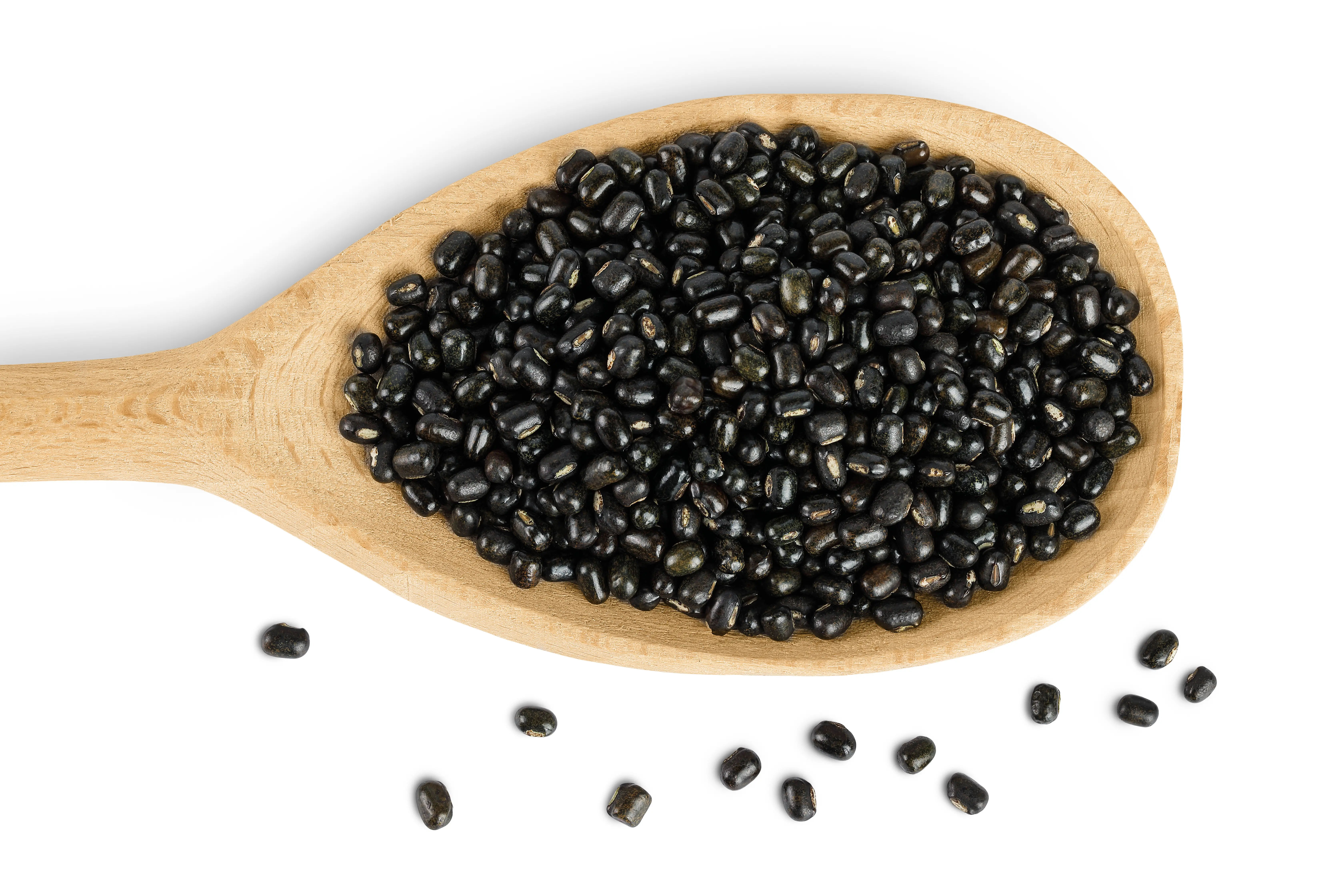Understanding Epigenetics
Unravel the mystery of epigenetics! Learn how your genes are controlled without changing the underlying DNA sequence. Discover the role of lifestyle and environment in shaping your health and traits.

Written by Dr. Siri Nallapu
Reviewed by Dr. D Bhanu Prakash MBBS, AFIH, Advanced certificate in critical care medicine, Fellowship in critical care medicine
Last updated on 13th Jan, 2026

Introduction
For decades, we believed our health was a simple equation: our genes plus a little bit of luck. We thought we were handed a fixed genetic blueprint at birth, destined to play out a predetermined script. But a revolutionary field of science called epigenetics is shattering that myth. It turns out, your DNA isn't your destiny—it's more like a dynamic script that you can edit throughout your life. Epigenetics is the study of these reversible modifications that change how your genes are expressed without altering the underlying DNA sequence itself. Think of it as the software that tells your genetic hardware when, where, and how to work. This article will demystify this complex topic, showing you how your daily choices—from the food you eat to the stress you manage—directly influence your epigenetic markers, shaping your risk for disease and your overall well-being. We'll explore science, provide real-world examples, and offer practical advice on how to harness the power of epigenetics for a healthier future.
What is Epigenetics? Beyond the Genetic Code
If your genome (your complete set of DNA) is the blueprint for building and running your body, then the epigenome is the set of instructions that tells the construction crew which parts of the blueprint to read and when. It determines whether a gene is activated ("expressed") or silenced. This is crucial because every cell in your body has the same DNA, but an eye cell is different from a liver cell because different genes are switched on or off. Epigenetics controls this process.
The Blueprint vs. The Instruction Manual Analogy
A simple way to understand epigenetics is to compare it to a musical score. The DNA sequence is the notes on the page—they are fixed. The epigenome is the conductor and the musicians. They decide how loudly to play certain notes (gene expression), which instruments to use (cell type), and when to have a dramatic crescendo (like during a stress response). The same score can sound vastly different depending on the interpretation. Similarly, your lifestyle is the "conductor" of your genetic symphony.
Key Mechanisms: How Epigenetics Works
Two primary mechanisms are responsible for most epigenetic changes:
DNA Methylation: The "Volume Knob" on Genes
This process involves adding a small chemical tag (a methyl group) to specific points on the DNA strand. Generally, when a gene is heavily methylated, it's turned off or silenced—like putting a "do not read" sticky note on that part of the blueprint. This is a normal and essential process for cell differentiation. However, abnormal methylation (e.g., silencing a tumor-suppressor gene) can lead to disease.
Histone Modification: The "Spool" for DNA
DNA isn't a loose string inside your cells; it's tightly wound around proteins called histones, like thread on a spool. This entire structure is called chromatin. Epigenetic tags can cause the histones to wind tighter or looser. When the DNA is loosely wound, genes are accessible and can be activated. When it's tightly packed, genes are hidden and silenced. Various chemical groups (acetyl, methyl, phosphate) can modify histones, making this a highly dynamic control system.
Consult Top Specialists
Epigenetics in Action: From Womb to Adulthood
The power of epigenetics isn't just theoretical; it's demonstrated in clear, compelling examples from nature and human health.
The Agouti Mouse Study: A Powerful Example
One of the most famous epigenetic experiments involved agouti mice. These mice have a specific gene that makes them yellow, obese, and prone to cancer and diabetes. Researchers found that when they fed pregnant agouti mice a diet rich in methyl donors (like folate, choline, and vitamin B12), their offspring were born brown, slim, and healthy. The DNA sequence was identical, but the epigenetic methyl tags from the mother's diet silenced the problematic agouti gene. This powerfully shows how environmental triggers like nutrition can directly alter gene expression in the next generation.
Why Identical Twins Can Be Different?
Identical twins share 100% of their DNA. Yet, as they age, they often develop differences in their susceptibility to diseases like schizophrenia or bipolar disorder. Epigenetic changes are a key reason. Studies have shown that twins' epigenomes are nearly identical when they are young but become increasingly different as they are exposed to unique environments, diets, stressors, and toxins throughout their lives. This divergence in epigenetic markers helps explain why one twin might develop a condition while the other remains healthy.
Your Daily Choices Shape Your Epigenome
This is the most empowering aspect of epigenetics: you are not a passive victim of your genes. Your lifestyle choices directly influence your epigenetic landscape. Understanding how diet affects your genes is the first step toward taking control.
The Impact of Diet and Nutrition
The agouti mouse study is a perfect lead-in to human nutrition. Foods rich in methyl donors (leafy greens, beets, legumes) and compounds like sulforaphane (found in broccoli sprouts) can promote healthy DNA methylation patterns. A Mediterranean diet, abundant in fruits, vegetables, and healthy fats, has been linked to positive epigenetic changes associated with reduced inflammation and lower cancer risk. Conversely, a diet high in processed foods and sugar can promote harmful epigenetic modifications.
Exercise: An Epigenetic Tune-Up
Physical activity does more than burn calories; it sends signals to your genes. Studies show that exercise can alter epigenetic markers on genes involved in metabolism and muscle inflammation. These changes can improve insulin sensitivity and boost energy production, demonstrating that you can literally "run" your way to a healthier epigenetic profile.
Stress, Sleep, and Their Molecular Marks
Chronic stress and poor sleep elevate cortisol levels, which can lead to detrimental epigenetic changes, particularly in genes regulating the immune system and stress response. This can create a vicious cycle of inflammation and poor health. Practices like meditation, mindfulness, and prioritizing 7-9 hours of quality sleep can help reverse epigenetic changes linked to stress, promoting resilience.
The Dangers of Toxins: Smoking and Pollution
Cigarette smoke is packed with chemicals that cause widespread abnormal DNA methylation. These changes can silence crucial genes that protect against cancer. Similarly, exposure to air pollution and industrial chemicals can leave damaging epigenetic marks. This is a strong argument for a clean lifestyle and environment.
If you are struggling to manage stress or improve your sleep habits, consulting a doctor online with Apollo24|7 can help you develop a personalized plan for better wellness.
Epigenetics and Disease: The Connection to Your Health
Given its central role in gene regulation, it's no surprise that epigenetic dysregulation is at the heart of many diseases.
The Cancer Link
In many cancers, epigenetic changes are a hallmark. Tumor-suppressor genes that normally put the brakes on cell growth are often silenced by hypermethylation, while genes that promote growth are activated. This has led to the development of epigenetic therapy drugs that aim to reverse these marks, effectively "reawakening" the body's natural defenses against cancer.
Mental Health and Neurological Conditions
Research is increasingly linking epigenetics to conditions like depression, anxiety, and PTSD. Early-life stress or trauma can leave lasting epigenetic marks on genes involved in the brain's stress response, making individuals more vulnerable to mental health challenges later in life. Understanding this link opens new avenues for treatment and compassion.
Can You Reset Your Epigenetics?
The reversible nature of epigenetic marks is what makes this field so promising. The question of can you reverse epigenetic changes is an active area of research.
The Concept of Epigenetic Therapy
As mentioned, drugs that target epigenetic enzymes are already in use for certain blood cancers. The goal of this epigenetic therapy is to reset the abnormal patterns. While these are powerful prescription medications, the principle that the epigenome can be reprogrammed is well-established.
Practical Steps for a Healthier Epigenome
While we can't yet "erase" our epigenetic history, we can positively influence it going forward. The best strategy is a proactive, health-promoting lifestyle:
1. Eat a whole-foods, plant-rich diet.
2. Engage in regular physical activity.
3. Prioritize sleep and stress management.
4. Avoid smoking and limit alcohol consumption.
5. Maintain a healthy weight.
For a comprehensive understanding of your metabolic health, Apollo24|7 offers a convenient home collection for tests like HbA1c and vitamin panels, which can inform your dietary choices.
Conclusion
The science of epigenetics has fundamentally changed our understanding of health and heredity. It liberates us from the notion of genetic determinism, revealing that we have a significant degree of control over our health outcomes. The choices you make today—the food on your plate, the steps you take, the quality of your sleep—are actively writing instructions on your DNA, influencing how your genes behave for years to come. While we inherit our genes from our parents, we can shape our epigenetic legacy through conscious living. This knowledge is not meant to induce guilt but to empower action. Start with one positive change. Whether it's adding more greens to your diet or taking a daily walk, remember that you are not just working out or eating well; you are programming your body for a healthier future at the most fundamental level. Embrace the power you have to influence your biology and write a healthier story for yourself.Consult Top Specialists
Consult Top Specialists

Dr. Pinaki Mukhopadhyay
General Physician/ Internal Medicine Specialist
33 Years • MBBS
Kolkata
MCR SUPER SPECIALITY POLY CLINIC & PATHOLOGY, Kolkata
(25+ Patients)

Dr Aakash Andgi
General Physician/ Internal Medicine Specialist
9 Years • MBBS MD
Bengaluru
Apollo Clinic, JP nagar, Bengaluru

Dr. Swarna Deepak K
General Physician/ Internal Medicine Specialist
20 Years • MBBS: MD (Internal Medicine) MRCP (UK), EDIC (European Diploma in Critical Care), IDCCM, IFCCM (Critical Care), FID (Royal Liverpool Academy)
Hyderabad
Apollo Hospitals Jubilee Hills, Hyderabad
(425+ Patients)
Dr P Sai Avinash
General Physician/ Internal Medicine Specialist
7 Years • MBBS
Bengaluru
Apollo Medical Center, Marathahalli, Bengaluru

Dr Shivaji Rao
General Physician/ Internal Medicine Specialist
30 Years • MBBS, MD, DNB
Bengaluru
Apollo Clinic, JP nagar, Bengaluru
Consult Top Specialists

Dr. Pinaki Mukhopadhyay
General Physician/ Internal Medicine Specialist
33 Years • MBBS
Kolkata
MCR SUPER SPECIALITY POLY CLINIC & PATHOLOGY, Kolkata
(25+ Patients)

Dr Aakash Andgi
General Physician/ Internal Medicine Specialist
9 Years • MBBS MD
Bengaluru
Apollo Clinic, JP nagar, Bengaluru

Dr. Swarna Deepak K
General Physician/ Internal Medicine Specialist
20 Years • MBBS: MD (Internal Medicine) MRCP (UK), EDIC (European Diploma in Critical Care), IDCCM, IFCCM (Critical Care), FID (Royal Liverpool Academy)
Hyderabad
Apollo Hospitals Jubilee Hills, Hyderabad
(425+ Patients)
Dr P Sai Avinash
General Physician/ Internal Medicine Specialist
7 Years • MBBS
Bengaluru
Apollo Medical Center, Marathahalli, Bengaluru

Dr Shivaji Rao
General Physician/ Internal Medicine Specialist
30 Years • MBBS, MD, DNB
Bengaluru
Apollo Clinic, JP nagar, Bengaluru
More articles from General Medical Consultation
Frequently Asked Questions
1. What is the difference between genetics and epigenetics?
Genetics is the study of the DNA sequence itself—the genes you inherit from your parents. These sequences are largely fixed. Epigenetics is the study of the molecular switches that control how those genes are used. Epigenetic marks are dynamic and can change throughout your life based on your environment and lifestyle.
2. Can epigenetic changes be passed down to children?
Yes, in some cases, this is known as transgenerational epigenetics. Environmental exposures experienced by a parent (especially a mother during pregnancy) can lead to epigenetic changes that are passed on to their offspring. The Agouti mouse study is a prime example of this epigenetic inheritance.
3. Is there an epigenetic test I can take?
While not yet common in routine healthcare, commercial tests that analyze DNA methylation patterns to calculate an 'epigenetic clock' (a biomarker of biological aging) are emerging. However, their clinical utility is still being validated. For most people, focusing on a healthy lifestyle is the most practical application of epigenetic knowledge.
4. How long does it take to change your epigenetics?
Some changes can happen very quickly. Studies show that significant alterations in DNA methylation can occur after just a few days of a changed diet or a single session of intense exercise. However, long-lasting, stable changes require consistent habits over months and years.
5. Can good epigenetics reverse aging?
While epigenetics cannot reverse aging entirely, promoting a healthy epigenome is closely linked to 'healthy aging.' Positive lifestyle choices can slow down the rate of biological aging as measured by the epigenetic clock, potentially reducing age-related disease risk and extending healthspan.



.webp)
